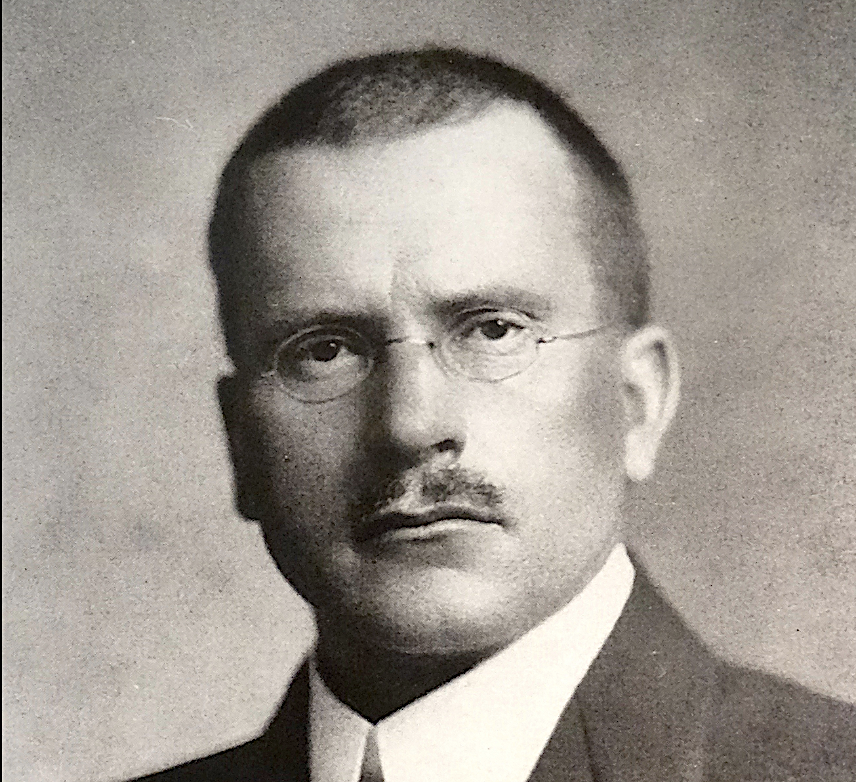

Alcoholics Anonymous (AA) serves as a universal doorway for individuals in the 21st century, encompassing a diverse range of people from various religious backgrounds and beliefs. According to Worcester State University professor Charles Fox, AA has had a profound and lasting impact on the culture of the United States and beyond. Since its establishment in 1935, AA has emerged as a widely embraced form of therapy that integrates elements of behavioral science and spirituality, reflecting in numerous languages, faiths, and practices.
Originally rooted in the evangelical Christian Oxford Group tradition, AA’s foundation owes much to the principles of self-examination, confession, restitution, and service espoused by its predecessor. However, the influence of renowned Swiss psychiatrist Carl Jung also played a pivotal role in shaping AA’s methodologies. Jung’s interest in alcoholism during the 1920s sparked a chain of events that led to the founding of AA through a critical encounter with one of his patients, Rowland H.
Jung’s non-religious recommendation to Rowland H. ultimately led to the formation of the first small group that would inspire Bill Wilson, the co-founder of AA, to embrace sobriety and the practices of the Oxford Group. While Jung emphasized a path to recovery based on a higher understanding and spiritual fulfillment, Wilson navigated various approaches—including medical treatments and vitamin therapies—to combat alcoholism.
The exchange of letters between Wilson and Jung showcased a mutual admiration and reciprocal influence between the two figures, with Jung advocating for the inclusion of spiritual aspects in recovery programs and Wilson experimenting with different methods to achieve sobriety. Despite their differing approaches, both individuals contributed significantly to the evolution of AA and its impact on individuals struggling with alcoholism.
Explore more about the profound influence of Carl Jung on Alcoholics Anonymous here.
Related Content:
1. Carl Jung Offers an Introduction to His Psychological Thought in a 3-Hour Interview (1957)
2. Take Carl Jung’s Word Association Test, a Quick Route Into the Subconscious (1910)
3. Carl Jung’s Hand-Drawn, Rarely-Seen Manuscript The Red Book
Josh Jones is a writer and musician based in Durham, NC. Follow him at @jdmagness



